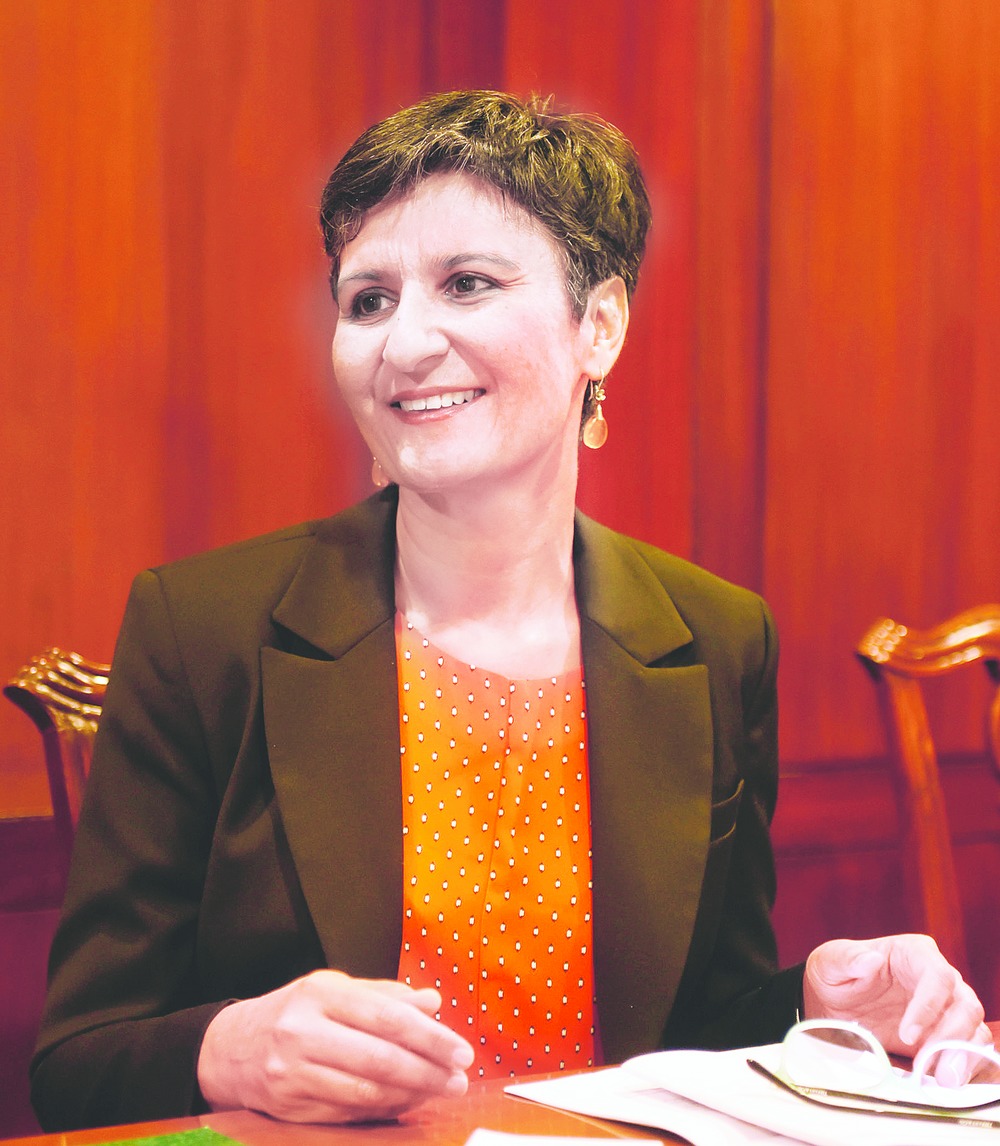
Calcutta, May 12: Consistency of regulations, more openness to investments and abolition of red tape can help Bengal attract more investment from Australia, said Harinder Sidhu, the country's high commissioner to India, during her maiden visit to Calcutta after taking charge earlier this year.
"The World Bank has ranked Bengal 11 out of the 29 states in terms of ease of doing business, which kind of puts the state in the middle of the pack. But we would be looking for more openness," Sidhu told The Telegraph.
According to her, if foreign investors come to Bengal and succeed in doing business, it will not only generate jobs for local people but also encourage other industrialists to scout for opportunities in the state.
Given the complexities of the mining industry, which has to strike a balance with indigenous communities and environment norms, regulations often create impediments and result in protests and even legal tangles.
Bengal has witnessed several mining-related protests. Residents of 11 villages in Birbhum's Loba had formed a committee in 2007 to demand better price for their land when a DVC-Emta project had started. Four villagers and several policemen had suffered injuries on November 6, 2012, when a police team went to Loba to take back from villagers an earth-moving machine of DVC-Emta.
"The need is to have time-bound clearances and flexibility in the system, which are business friendly," Sidhu said. She, however, did not mention any specific problem related to mining in Bengal or anywhere in India.
For years, Bengal has been an important mining equipment, technology and services market for Australian companies in India.
With Prime Minister Narendra Modi and his Australian counterpart Malcolm Turnbull agreeing to expand the scale and scope of India-Australia trade and economic co-operation, the two countries are exploring new opportunities.
As Modi has drawn up an ambitious plan to increase mineral production in the country over the next five years, Australian companies are keen to join hands with their Indian counterparts for research in clean coal technology and other associated areas.
"We already have a collaboration with the Indian School of Mines, Dhanbad, to carry out 10 research and development projects to improve mining technology and efficiency.... We are also in the process of collaborating with the premier institute to provide executive education to corporate entities in the field of mining," said Sidhu, the second Indian-origin Australian high commissioner in Delhi.
Peter Varghese, another Indian-origin diplomat, had served as the Australian high commissioner to India from 2009 to 2012.
Besides business collaborations in areas related to mining, education and training, India and Australia are joining hands to combat the threat of global terror.
"There is a breadth in the relationship as we are collaborating in the security space. There is a civil nuclear deal in place, there is navy-to-navy collaboration, army-to-army collaboration.... We are co-operating much more deeply in international organisations," Sidhu said.











